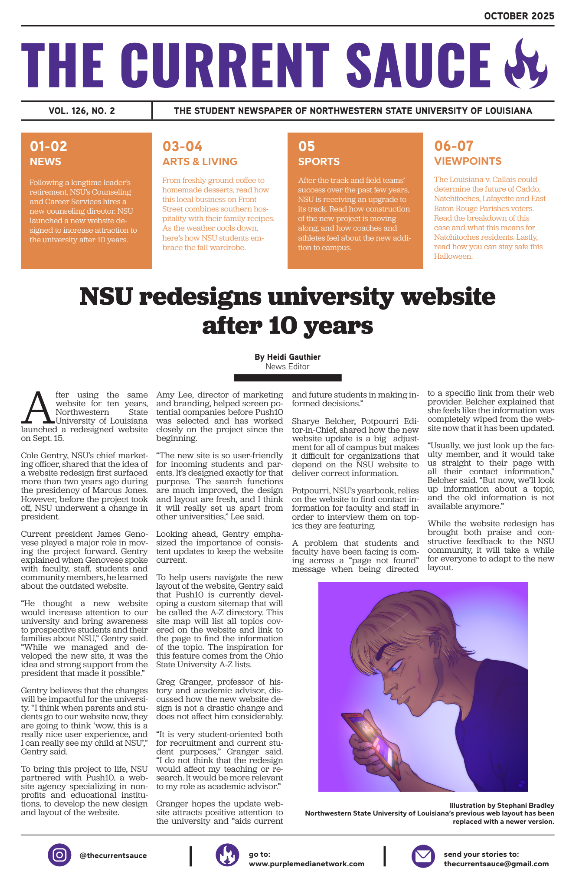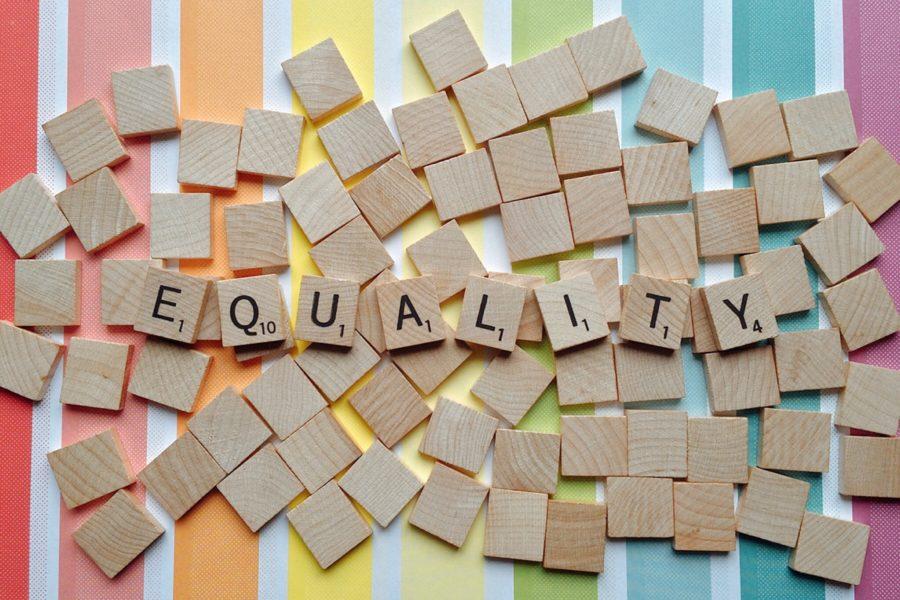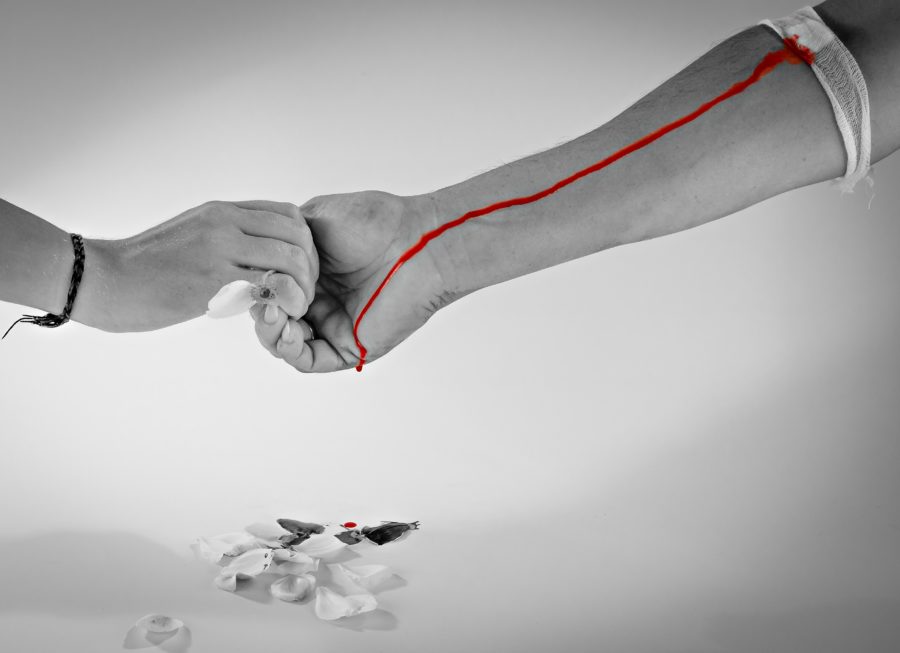What is virginity, and how much influence does it have on a person’s life?
Virginity by definition is nothing more than the state of having never engaged in sexual activity, but culturally it is often seen as much more than that. Although virginity can be applied to both men and women, it often affects women more harshly.
Throughout the ages, the idea that a woman should wait until marriage to have sex has been prevalent in many cultures, and it is still prevalent even today.
Many women are taught that the act of sex “changes” them positively if they are married or in a monogamous relationship and negatively if not.
I was never taught to see virginity as anything more than never having sex; I was never led to believe that it had any effect on me as a human being.
Unfortunately, many women do not have the same experience.
So often, I’ve heard awful descriptions of insults to women who don’t wait until marriage to have sex, usually implying that they are “dirty.” In high school, I once heard a girl say to a friend that “virginity is like a phone – why would a man want a used one?”
Unfortunately, this comment is not the only one of its kind that I’ve heard.
Women are also fed lies, such as the one we’ve heard so often like that the first time engaging in sex always hurts. Everyone has a different pain tolerance, but under most circumstances sex shouldn’t be excruciatingly painful. In my opinion, these are only myths perpetuated to scare women.
Historically, virginity was desired because before paternity tests existed it was the only way for men to be sure that their children were truly theirs. According to History Undressed, on the night of a marriage, men, sometimes with their families waiting outside the door, would check to make sure their wife bled, signifying that she was “pure.”
But the hymen—the usual source of any possible blood—is not necessarily what people are led to believe it is. It doesn’t just break and then go away for good. If one is celibate for a while, it usually repairs itself. Additionally, some women break their hymen early on in life through activities such as horseback riding or gymnastics. Having an intact hymen does not necessarily signify that one is a virgin; similarly, having a broken hymen does not indicate that a woman has lost her virginity.
The myths that go along with virginity can usually be connected to ignorance. In 2018, it feels like I shouldn’t have to say this, but losing your virginity does not at all change who you are or make you any less of a human being.
Whether people want to admit it or not, people have sex, and more often than not, they don’t wait until marriage. It’s long past time for humanity to stop placing such a value on something so trivial.





























